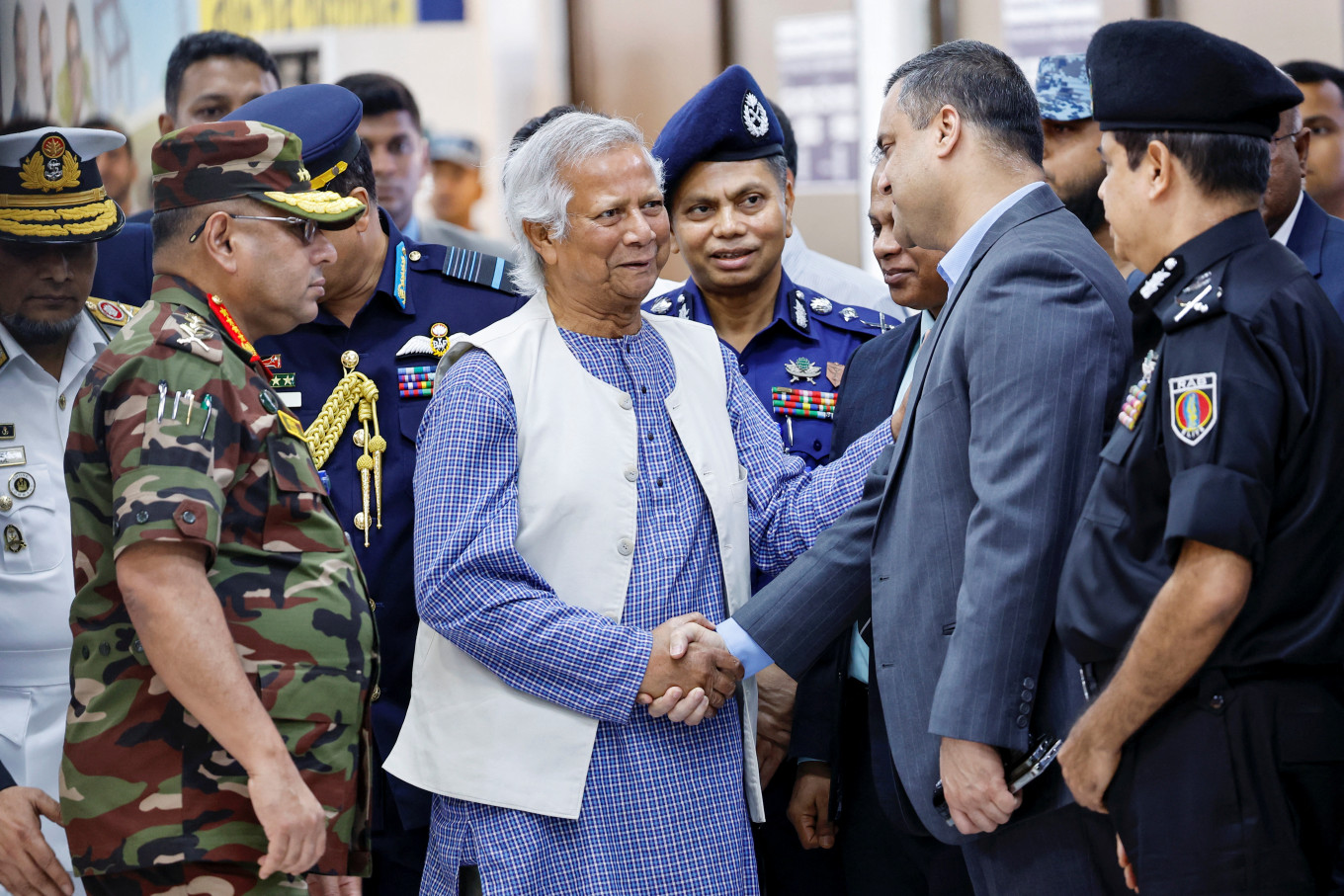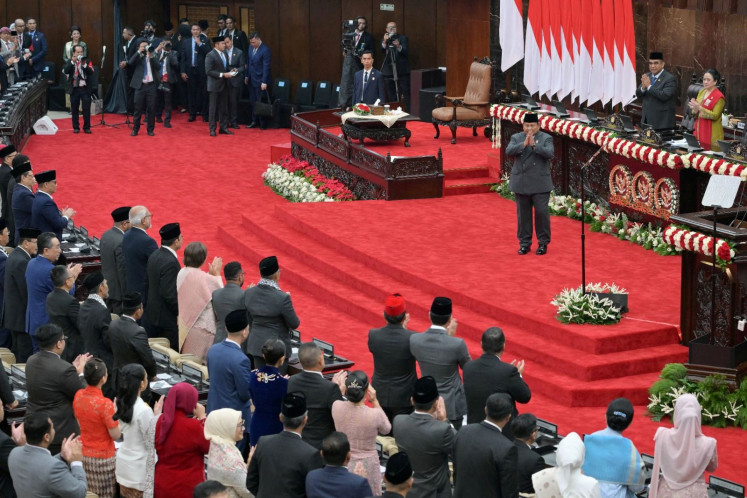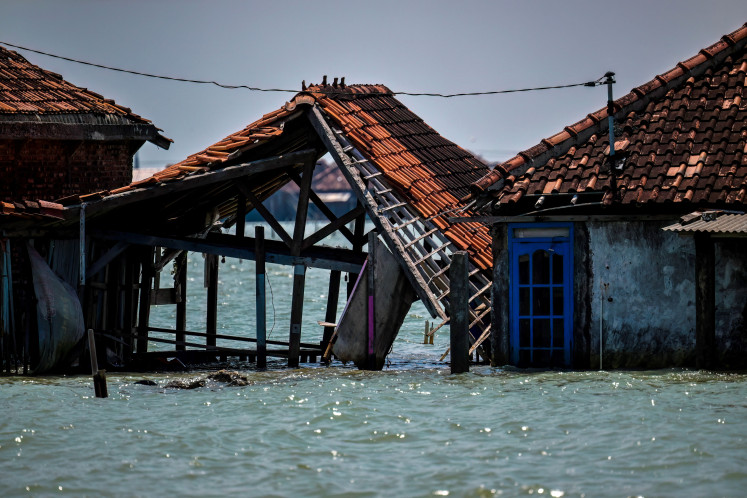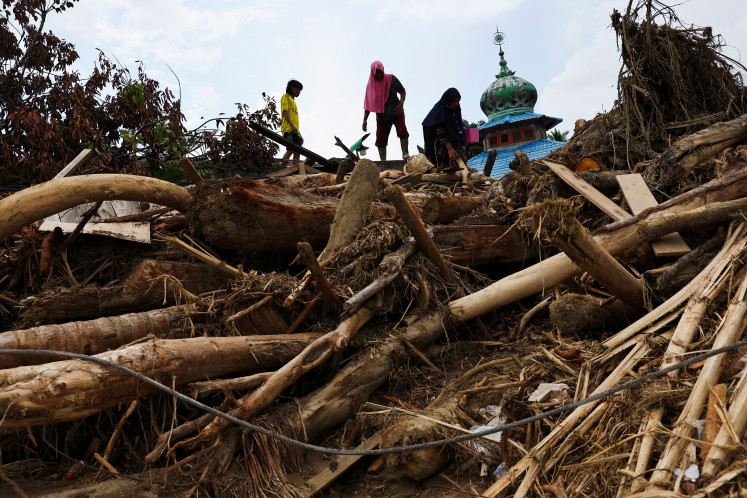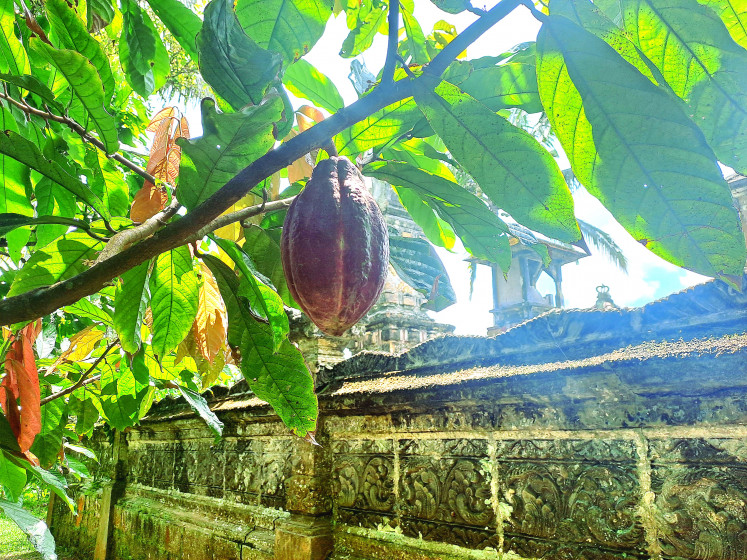Popular Reads
Top Results
Can't find what you're looking for?
View all search resultsPopular Reads
Top Results
Can't find what you're looking for?
View all search resultsLike Soeharto, like Hasina
Indonesians can empathize with their brothers and sisters in Bangladesh from our own experience of forging our path to democracy in the not-too-distant past, and wish them well in recovering from the turbulent past decades toward building their future.
Change text size
Gift Premium Articles
to Anyone
I
n the coming months, 2006 Nobel Peace Prize laureate Muhammad Yunus is expected to pave the way for Bangladesh’s general election following the fall of long-time ruler Sheikh Hasina on Aug. 5.
But as with other countries emerging from a dictatorship, such as Indonesia in 1998, the damage Hasina inflicted is so massive that it will take years, perhaps even decades, for Bangladesh to recover fully.
The regime change in Bangladesh has raised new hope for ASEAN, which has been grappling with the plight of the Rohingya people, many of who are living in refugee camps in Cox’s Bazar after fleeing persecution by Myanmar’s military junta.
The Southeast Asian bloc can now look forward to a more compassionate approach from the new government in Dhaka, one that could end the suffering of the Muslim ethnic minority group, whereas Hasina repeatedly tried to expel the displaced Rohingya and send them back to Myanmar.
Hasina fled Bangladesh after weeks of mass protests demanding her resignation as prime minister. Following her instruction that unleashed brutal crackdowns against protesters, which resulted in a toll of hundreds killed and injured with thousands more detained, she eventually lost the support of both the military and police.
Millions of Bangladeshis took to the streets to celebrate the ouster of the 76-year-old autocrat, who once laid claim to being the world’s longest-serving female prime minister. For many, her departure was a promise of freedom from extreme poverty, abuse of power and human rights violations.
The euphoria is unlikely to last long however, because although Hasina has gone, her power and influence have not faded. Her cronies in government, the security forces and the private sector still remain, untouchable, and could someday regain power through the democratic pathway of elections.
Indonesians have experienced similar turmoil before. Just 26 years ago, nationwide protests forced then-president Soeharto to end his 32-year dictatorship that lasted from 1966 to 1998. People were filled with joy and welcomed with elation the sweeping reforms that would set the country on its road to democracy.
Soeharto is long gone, but his cronies remain. Even his Golkar Party continues to play a key role in policymaking, while the businessmen who thrived and grew into tycoons under his rule maintain their grip on the economy.
Today, Indonesia can take pride as the world’s third-largest democracy, but it is also evident that corruption and abuse of power are still rampant, if not out of control.
Bangladesh is now in the process of forging a new path under Yunus, also known as the “banker to people with low incomes”, who has been appointed to head the interim government. His new role, which essentially carries the same power as prime minister, and his leadership is crucial to shaping the country's future.
Military chief Gen. Waker-Uz-Zaman has pledged to support Yunus, but the country’s history shows the military launched 20 coups and attempted coups in the past. It is therefore too early for the people to celebrate the arrival of democracy in Bangladesh.
Hasina’s ouster was just the beginning of the country’s recovery, which can be painful and costly, as Indonesia knows well. We hope Bangladesh can recover faster and rebuild better.

